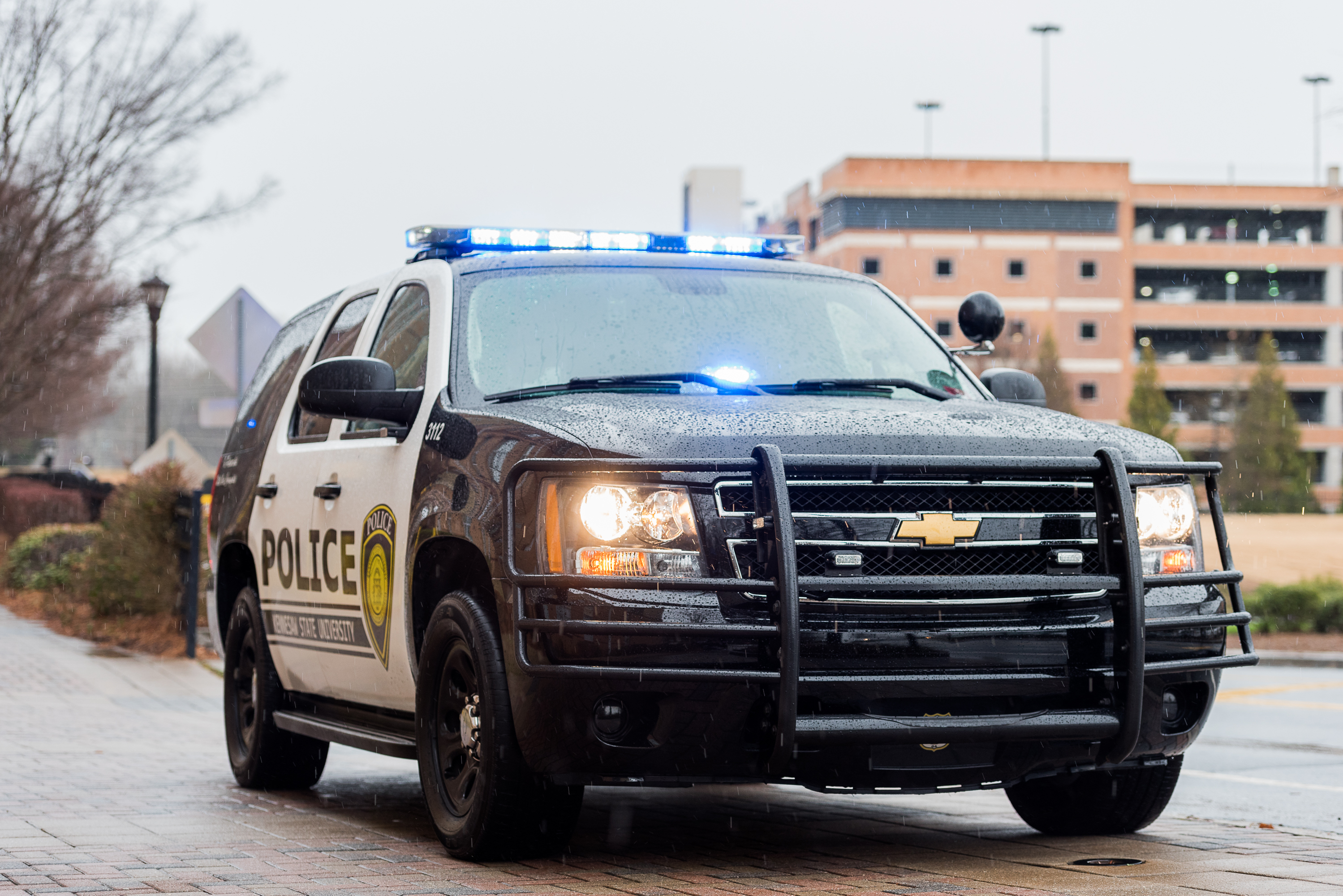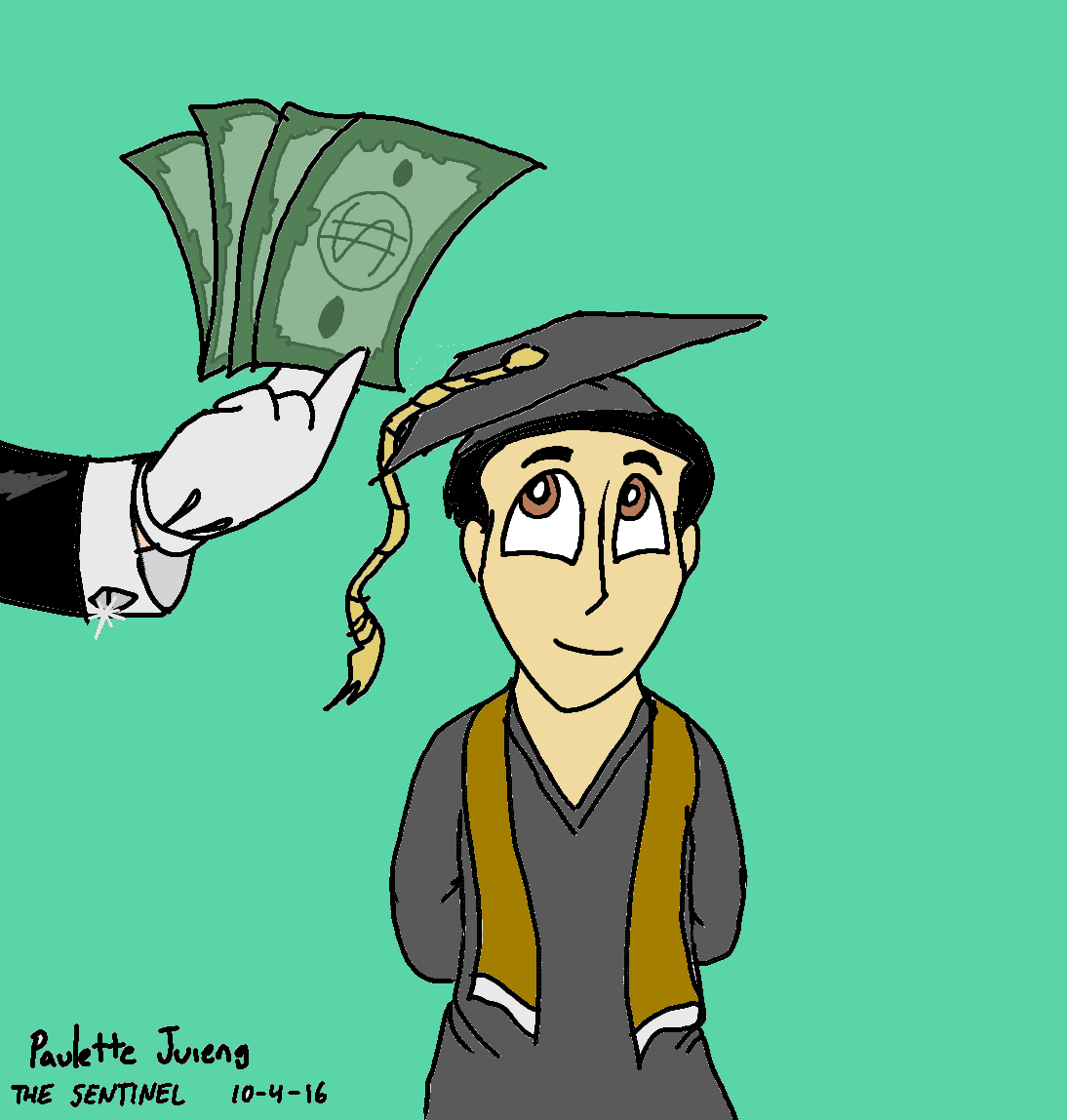Scandal after scandal has rocked the university over the last 22 months. From the resignation of the director of culinary services, Gary Coltek, in October 2015 to the retirement of KSU President Daniel Papp in June 2016, to the most recent — the resignation of KSU police chief, Roger Stearns.
As the national search for a new KSU police chief continues, the stench of corruption continues to pour from the doors of Kennesaw Hall, casting a fog of double standards and back-door quid-pro-quos over our university.
According to an internal human resources memo uncovered by the AJC, the office of the president received an anonymous complaint from KSU’s Department of Public Safety. This complaint prompted an investigation by human resources, which revealed a slew of accusations of how the resigning police chief continually mismanaged wrongdoing by a number of his officers. So, yet again, another department of KSU was sent into a tailspin due to poor leadership at the top.
In response, KSU launched a national search for a new police chief, which brings the process taken in the appointment of KSU President Sam Olens into the limelight once again.
No national search was performed for Olens, though a national search for a university president is common, like the one conducted for Valdosta University’s new president. Board of Regents Chancellor Hank Huckaby is on record saying that a nationwide search for a president could cost anywhere from $200,000 to $350,000 and that these searches do not always lead to a good candidate. If that is the case, then it begs the question of why KSU is choosing to perform a national search for a new police chief when they did not do the same for Olens.
Time and time again the university seems to get caught up in its own hypocrisy, unable to answer the simple question of why Sam Olens’ appointment was not a transparent and open process. The Sentinel contacted the office of human resources to inquire about the search for the new police chief and was immediately referred to a public relations representative who said they weren’t involved in the process. This suggests that, once again, the university is more interested in saving face about this double standard than answering questions truthfully — thus the fog grows thicker.
A simple solution for KSU to settle these matters would be to own up to its past mistakes. By setting a new standard of transparency, KSU could employ a reset on how the university is run going forward. This, combined with thoroughly vetting the people creating new policies at the top of the university, could lead to a better and more transparent university for all of us.


